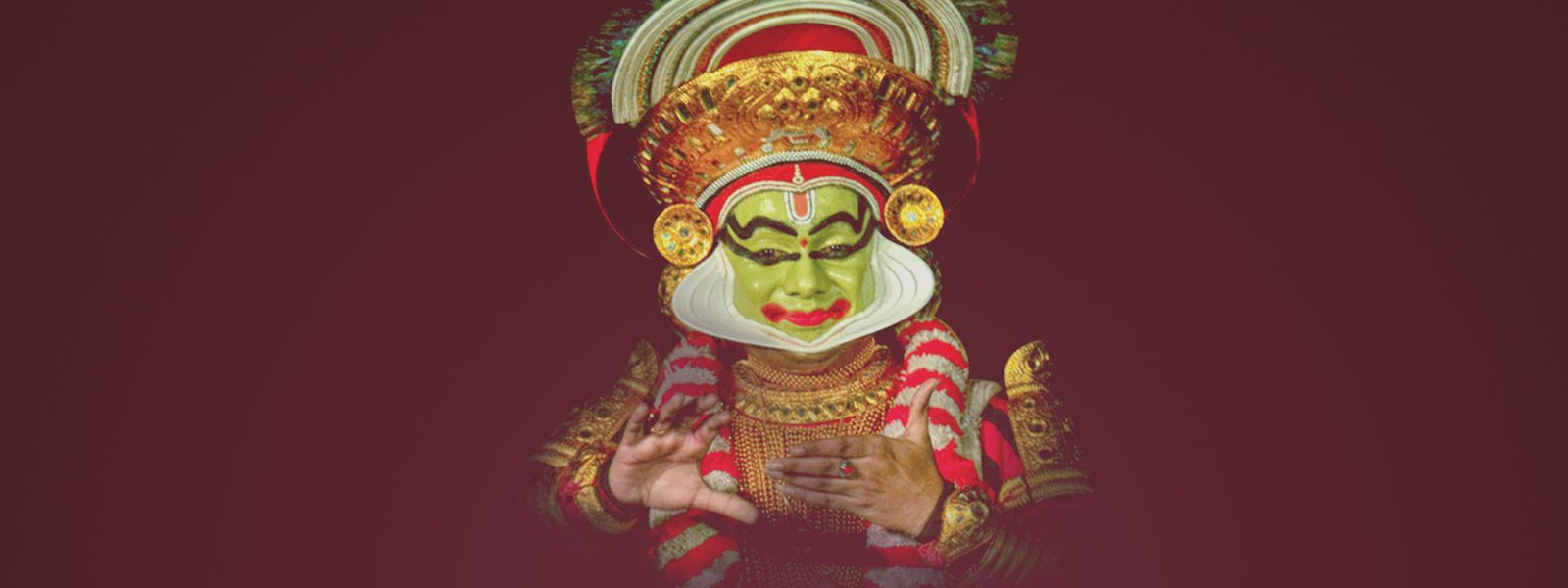A unique six-day Kutiyattam performance was organized between 16 and 21 August, 2018 at the India International Centre (IIC), New Delhi, in a bid to encourage the traditional performing art form of Kerala that showcases a stylistic presentation of Sanskrit literary masterpieces on the stage. The Nepathya group from Kerala performed the full-scale, unabridged masterpiece 'Surpanakhankam', from Saktibhadra's classical Sanskrit play Ascharyachudamani that is based on the Ramayana.
The festival was organized by Sahapedia in collaboration with Seher, the Centre for the Study of Developing Societies (CSDS) and India International Centre (IIC) and the performance was introduced by Prof. David Shulman, a renowned Indian Studies scholar and the Renee Lang, Professor of Humanistic Studies at the Hebrew University in Jerusalem.
‘Surpanakhankam’ is a dramatic retelling of the interaction of Surpanakha, the sister of Lanka’s demon-king Ravana, with Rama and Lakshmana, and the latter’s subsequent rejection of her overtures during their exile in the forest. On the last day, the episode of “Ninam” (bloodbath), when Surpanakha enters with her slashed blood-splattered nose and wailing loudly, is both horrifying and spectacular.
The festival featured 12 performers, led by Margi Madhu and Dr Indu G who have mastered their craft through rigorous training and a string of spell-binding performances. Set up in 1998, Nepathya, a centre for excellence in Kudiyattam, has been operating in the central Kerala village of Muzhikkulam, a major site for this performance art form where it is taught, performed and preserved in a traditional format.
Considered to be one of India’s oldest surviving theatrical traditions and the only surviving art form that uses dramas from ancient Sanskrit theatre, Kutiyattam is recognised by UNESCO as a ‘Masterpiece of the Oral and Intangible Heritage of Humanity’. The Kutiyattam theatre represents a synthesis of Sanskrit classicism and the local traditions of Kerala, Traditionally, Kutiyattam was performed by Chakyars (a sub-caste of Kerala Hindus) and by Nangyaramma (women of the Ambalavasi Nambiar caste) mostly within temple precincts, but in contemporary times, it has been performed by people of all communities.
